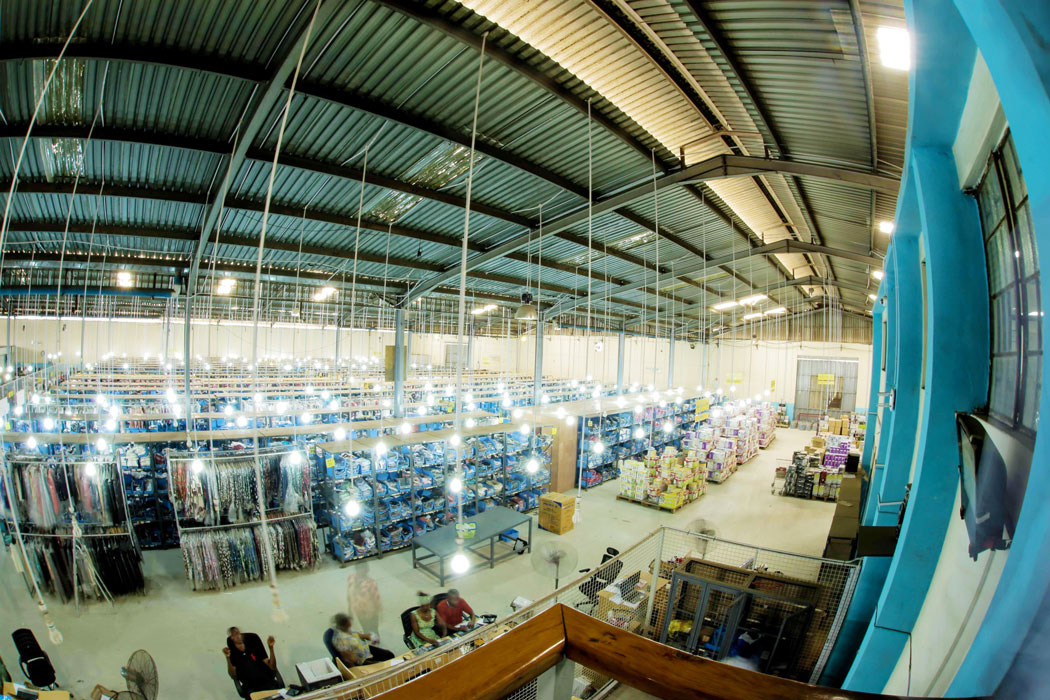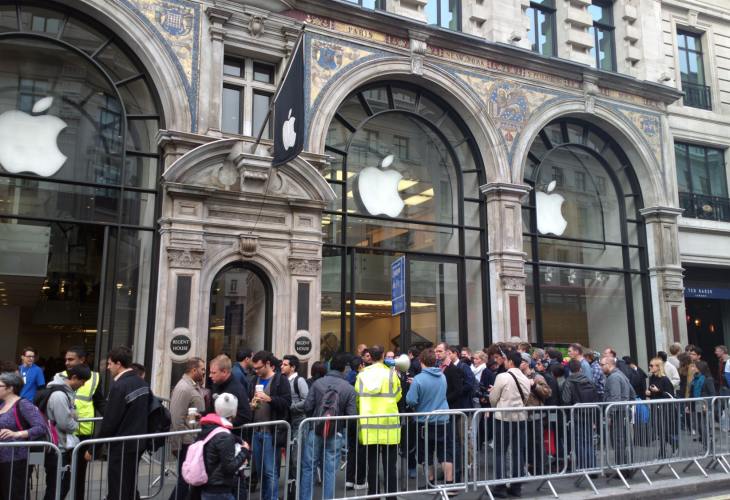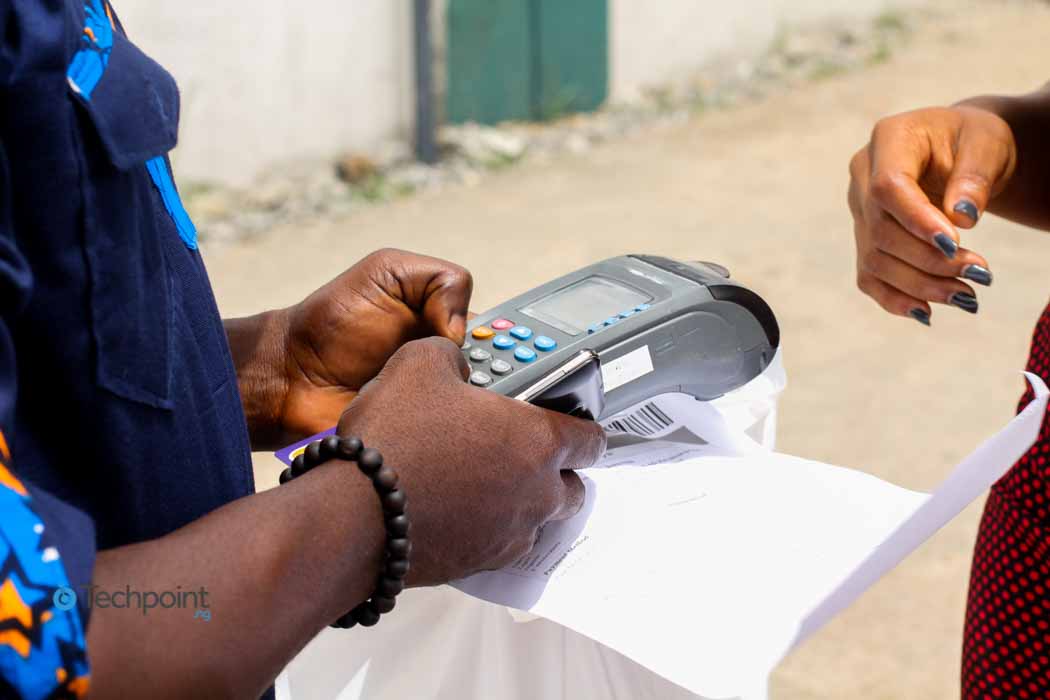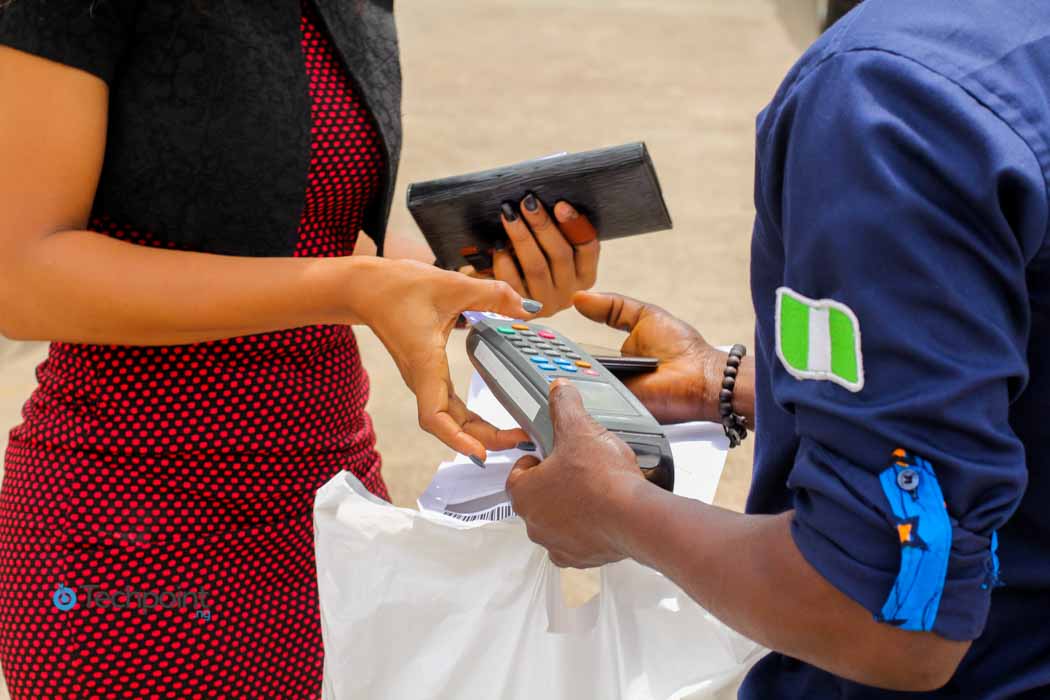The introduction of GSM into Nigeria can be termed one of the nation’s biggest achievements in the last 20 years. With GSM came improved internet penetration and consequentially mobile/internet based businesses such as online gambling, internet banking and eCommerce.
The eCommerce sector has seen tremendous growth in the last 4 years with big players like Jumia and Konga becoming players in the market. They invested heavily in infrastructure as they were first movers in that space with enough capital to capture our attention. The 2 companies combined have seen investments over $50 Million over the last 3 years.
The 5 Key Principles of Retail
For the sake of this article permit me to take you to retail school for a minute. There are 5 key principles in retail that I will like to discuss with you in today’s class.
- The customer is the most important person in your business:
- Retail is detail
- Go the extra mile for your customer
- Understand the four Ps
- Location
For the sake of conciseness, I will focus on number 4 which is “Understand the 4 Ps”.
Product: is the first element of the 4 Ps as it is the most important. Apple successfully proved this concept and Blackberry in the case of Nigeria. You have something the people want? They will fight, steal and stay on lines for hours to get it. The customer is however constantly changing and reinventing the product is keep to staying relevant to the customer.
Price: becomes the element that drives even the first. If a competition can provide the same product or similar product at a lower price you are probably on your way out of business and a good example is Tecno vs Blackberry. All Tecno did was have a product similar to what the customer wants at a price the customer is willing to pay.
Place: After having the product at the right price, then you find a place to interact with the customer.
Promotion: then kicks in informing the customer of the great product at an awesome price available at a convenient location be it online or in a physical store.
Nigeria is a unique market in itself. I have tried so many economic concepts and I have failed badly partly because I adopted them wholly without fine tuning to the environment. I thought and acted globally instead of locally. Nigeria in most cases is counter intuitive to western concepts of retail but after I carefully reviewed my attempts at using these theories I concluded that you cannot adopt these concepts wholly but the framework stays true no matter the country or location. Think Global but Act Local.
Brick and Mortar vs Online Retail

Walmart, the largest retailer in the world, with its brick and mortar approach, continues to struggle in the online space due to the market share of Amazon and Alibaba on a global scale. Nevertheless it is the most profitable of them all. (Alibaba is not tested in other markets outside of China just yet).
Jumia, Konga, DealDey, and Fashpa have modelled their business in line with the Amazons and Alibabas of this world. One particularly interesting business model they are employing is what is popularly known in the online business as Market Place; a platform where buyers and third-party sellers can interface.
The lifeline of a marketplace (and any platform business for that matter) is liquidity. Liquidity is a state where there are a minimum number of producers and consumers on the marketplace and there is a high expectation of transactions taking place. This is similar to the critical mass of users that is needed on a social network for users to find value in the network. Critical Mass is a state where there is enough volume of supply and demand, for transactions to start sparking. Unfortunately the businesses have not been able to generate enough Critical Mass to turn profit. These businesses focus their investment on Promotion (Marketing) and also in creating a platform (Place). They miss the fundamental law of retail which is Product and Price. They offer convenience (Place) and do a great deal of marketing (promotion) to win share of mind but forget that when the customer shows up what they want to buy is the product at a price reasonable to the customer.
No wonder Wal-Mart is the number 1 company in retail and Amazon is still struggling for profits. Go figure!!! Yes, the customer wants convenience, yes the customer wants the comfort of buying online and the ease that comes with it, however what they want with that convenience is the product they want and at a price they consider reasonable. Therefore the service of convenience is a product in flower delivery and food delivery but in true retail it is just an addition to the place model in the 4 Ps. The product is still the blue shoe the customer wants to wear to her friend’s wedding next week or the Playstation he has always wanted, if each of these customers can order it online and get it same day then the best place to get shoes or the play station would be the website.
Some thoughts on ‘Payment on Delivery’ model
To make matters worse, Jumia, Konga and many others broke the unwritten sacred rule of retail; they eliminated impulse buying with “Payment on Delivery”. Oh my goodness! In as much as I understand that they wanted to build trust when they started, by continuing the option they literally took a gun and shot themselves in the foot.
Payment on Delivery gives the customer time to think (lead time between order and delivery) and when it arrives they still have the choice of rejecting or accepting the product. When the customer rejects the product the cost of delivery is already incurred and reverse transportation cost kicks to get the product back to the warehouse.
See the analysis below: Assuming that 30% 1 out 3 orders are not accepted
If the cost of capital used to finance this project is higher than 20% you have just made a loss in the example provided. Need I say more?
Final Words
Konga recently announced that it will allow its 3rd party supplier manage their own delivery. I read the memo and I couldn’t help but laugh. It sounds like a logical model if you do not understand the business integrity in Nigeria. Like I said before in my years of doing business in Nigeria only businesses shaped and formed like a monopoly survive. Owning the entire supply chain may be difficult and expensive but the core will need to be owned entirely and the core of retail is not the platform but the PRODUCT!
About the author: Bayo ‘Shoe Sale’ Adedeji is a serial entrepreneur and owner of Mega Shoe Sale Inc. He also works for the largest retailer in the world. He does consulting services and has implemented many innovative retail ideas in Nigeria and the US.















